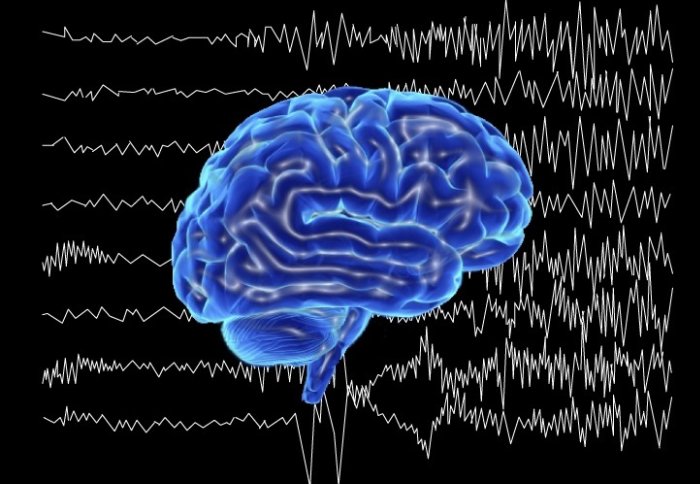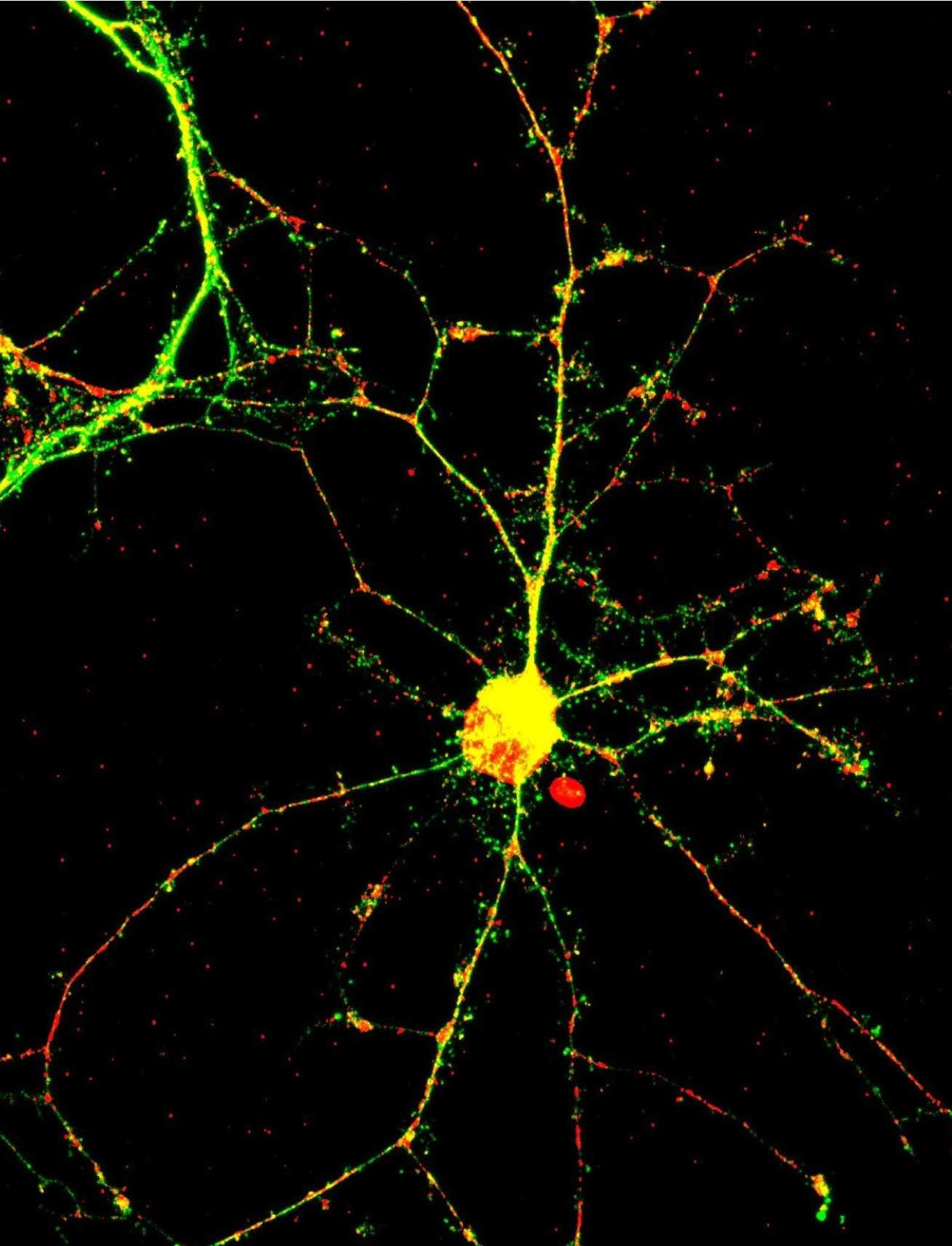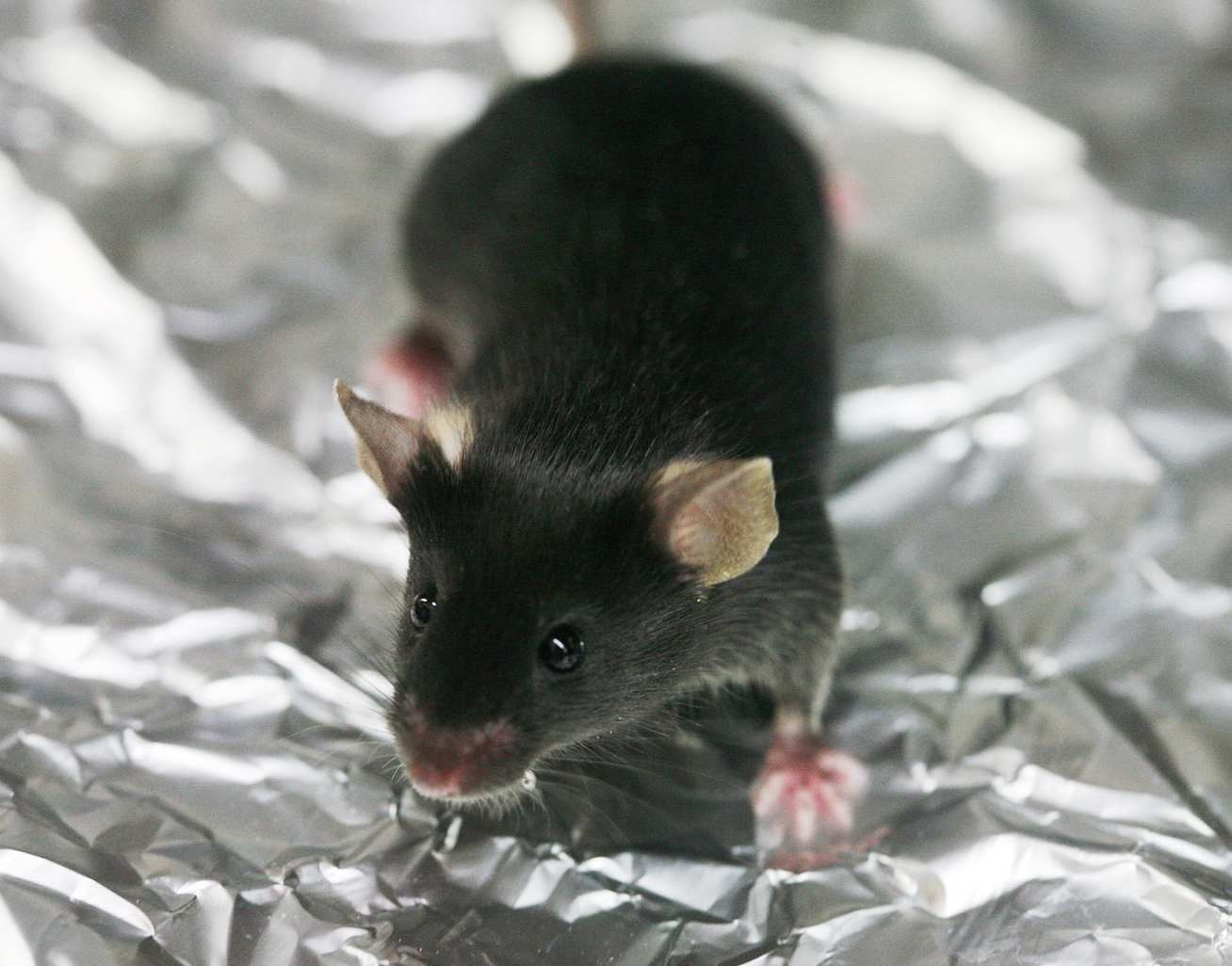Mouse trial shows gene therapy potential for treating childhood brain disorder
by Ryan O'Hare

Imperial researchers have developed a gene therapy with potential for treating a debilitating childhood neurological condition.
The approach, which has only been trialled so far in mice and human cells, is thought to be the first to successfully target a rare genetic condition called CDKL5 deficiency disorder. The condition affects the developing brain and its symptoms can include severe epilepsy and autism.
The research team is now keen to see if the therapy could be further developed and taken to clinical trials.
CDKL5 deficiency disorder is caused by mutations to the CDKL5 gene, with just a few hundred documented cases around the world so far. Faults with the gene result in a wide range of symptoms, with hard to treat seizures often developing by the time a baby is just three months old.

Patients can develop a number of characteristics, such as sleep disturbances, hand-wringing and a lack of eye contact, and currently the only treatment for the condition is antiepileptic drugs to manage seizures.
Previous research has shown that the protein produced by CDKL5 has multiple roles in the brain. The protein regulates genes, helps to shape how brain cells grow and develop and also influences how brain cells communicate with one another.
In the latest study, published in the journal Brain, the Imperial team developed and tested a treatment which aims to introduce functional CDKL5 in brain cells lacking a working copy of the gene.
They used a modified virus that crosses the blood-brain barrier and delivers working copies of CDKL5 to brain cells, to see if it could restore some of the function lost in the condition and reduce the impact on the developing brain.
SIGNIFICANT IMPROVEMENTS
In a proof of concept study, juvenile mice (equivalent to 6 months in humans) lacking functioning CDKL5 – which displayed many of the characteristics of the human form of the condition – had some of their impaired brain functions restored with a single treatment of the gene therapy.

Treated animals showed significant improvements in certain impaired characteristics, including reduced paw-clasping, increased motor function, better balance and even a reduction in some autism-like behaviours, compared to control mice.
But the effect was also shown in human neuronal cell cultures derived from skin cells taken from patients with CDKL5 disorder. Following a single treatment of the gene therapy, synaptic and signalling defects were restored in these cell cultures – meaning the cells were able to communicate more effectively with one another.
The researchers explain that this proof of concept is still at the initial stages, and further work is needed to refine the gene therapy, before it could move beyond animal studies. But they remain hopeful it provides a potential pathway towards future treatment of the rare condition.
“There is no treatment for this disorder so hopefully this work can expedite the development of gene therapy,” said Professor Nicholas Mazarakis, from the Department of Brain Sciences at Imperial, who led the work. “We hope these early findings will help to generate more research funding so we can uncover more about the gene’s function and what is going wrong in CDKL5 disorder.”
More information on CDKL5 disorder can be found on the US website of the National Organization for Rare Disease (NORD).
-
‘Gene replacement ameliorates deficits in mouse and human models of cyclin dependent kinase-like 5 disorder’ by Yunan Gao et al. is published in the journal Brain. DOI: 10.1093/brain/awaa028
Article text (excluding photos or graphics) © Imperial College London.
Photos and graphics subject to third party copyright used with permission or © Imperial College London.
Reporter
Ryan O'Hare
Communications Division